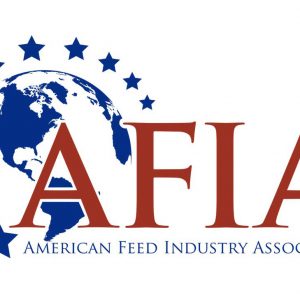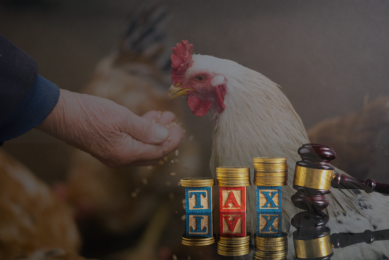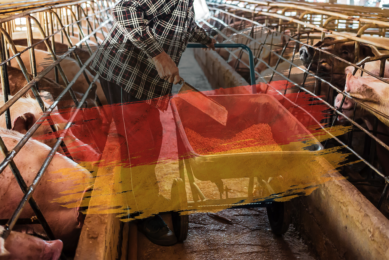AFIA welcomes preliminary NAFTA with Mexico / Canada

The American Feed Industry Association (AFIA) congratulates US and Mexican trade officials for reaching a preliminary agreement today on the renegotiation of the North American Free Trade Agreement (NAFTA).
This action brings the United States one step closer toward its goal of ratifying the tripartite agreement with Canada by the end of 2018.
Modernising the agreement
AFIA’s Director of International Policy and Trade Gina Tumbarello stated the following: “For more than 20 years, the US animal feed manufacturing industry has reaped the benefits of trading animal food, feed ingredients and pet food across its northern and southern borders. The North American Free Trade Agreement has not only supported thousands of jobs within the feed and associated industries, it has grown the animal food and feed ingredient export markets in Mexico and Canada to the United States’ largest and second largest, respectively, today. We are encouraged to see the progress US and Mexican trade officials made over several months in resolving their differences and modernising the agreement, and hope that Canada will quickly follow suit so that industries in all 3 countries can continue to benefit from the largest free trade zone in the world.”
US$ 3.1 billion feed export value
Since NAFTA’s implementation, US animal feed exports to Canada and Mexico have more than tripled, growing from roughly US$ 669 million in 1993 to over US$ 3.1 billion today. Much of this success stems from the tariff-free access the United States enjoys with the 2 countries, which would likely revert to tariffs under World Trade Organization rules if NAFTA weren’t in effect.
AFIA has been working through coalitions to represent the animal feed industry’s concerns to Congress. In particular, the association would like to see a renegotiated NAFTA that preserves the current duty-free market access; addresses modern issues, such as sanitary and phytosanitary issues; implements science-based regulations and regulatory cooperation and coherence; and addresses the United States’ concerns over Canada’s feed registration requirements, which has unfairly disadvantaged the US animal feed industry.











